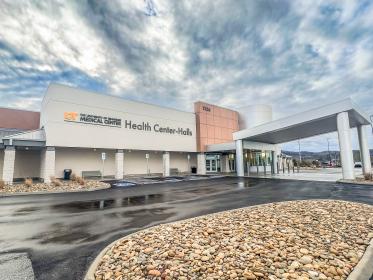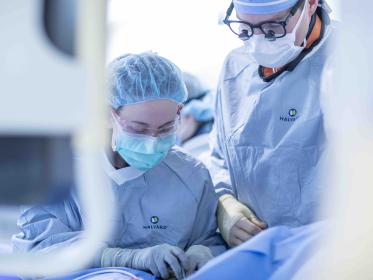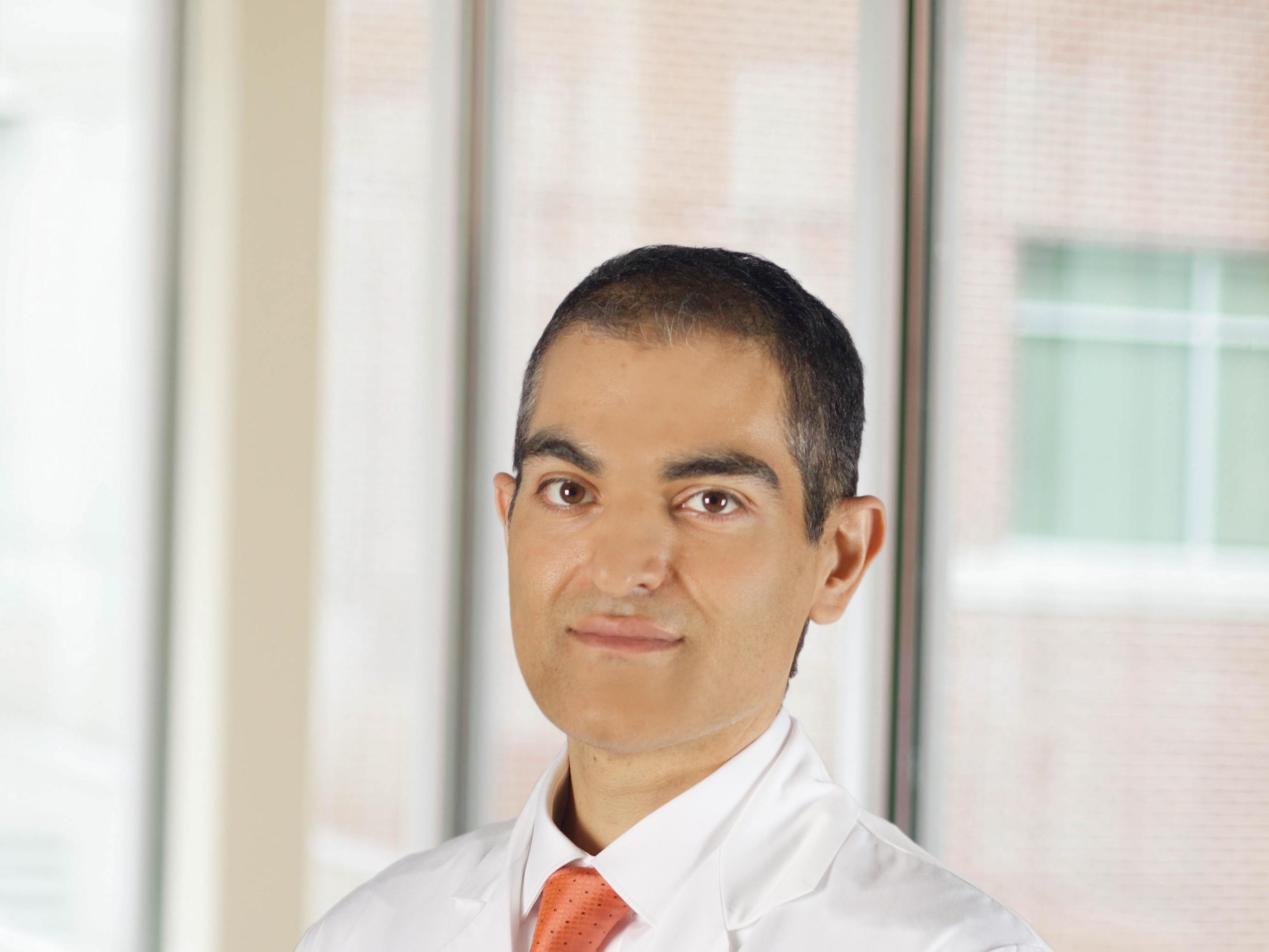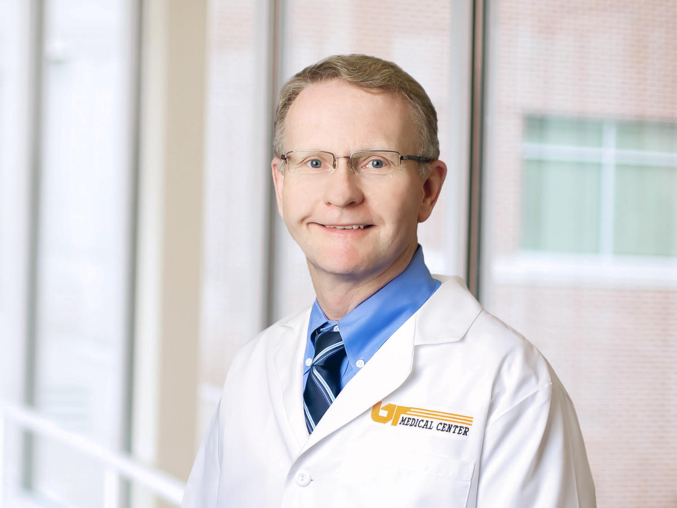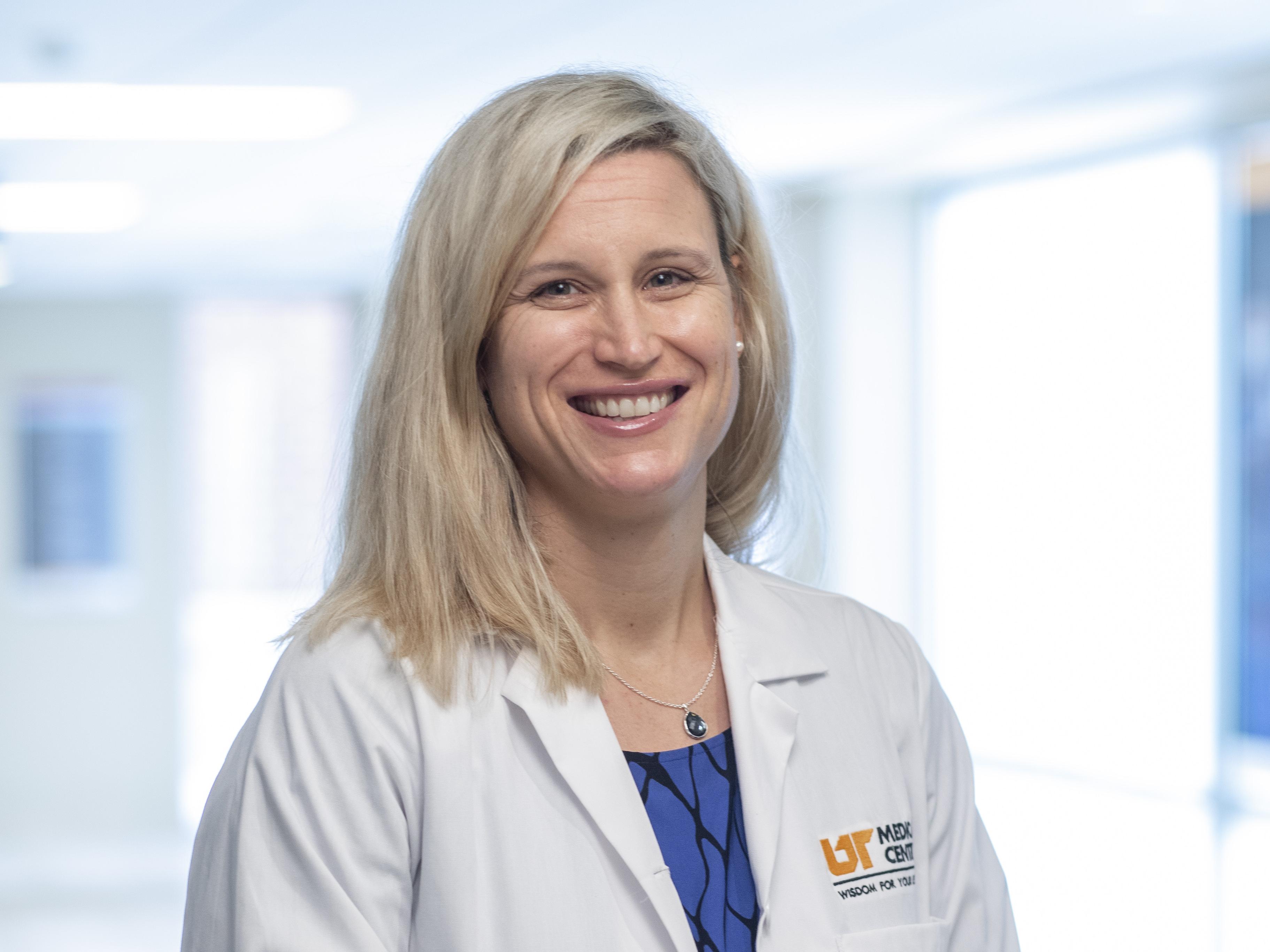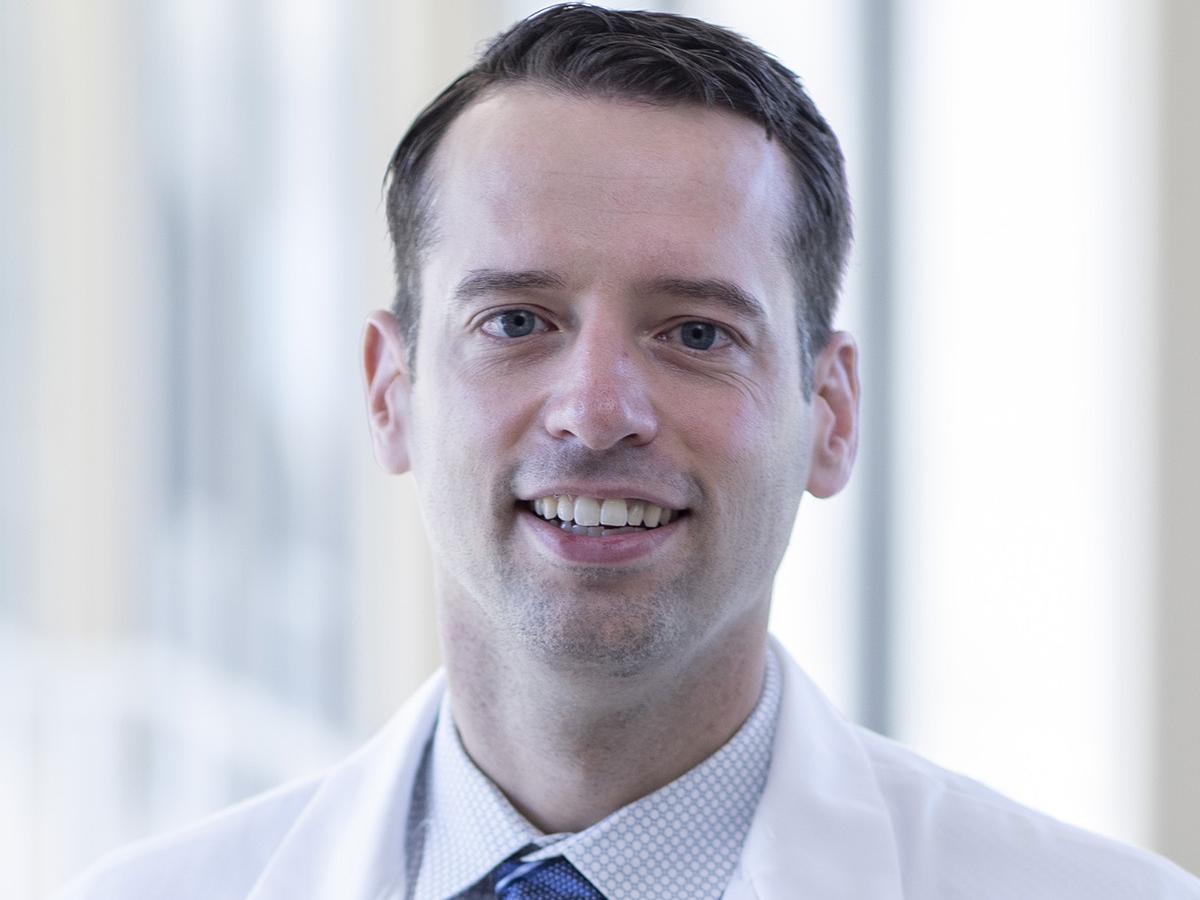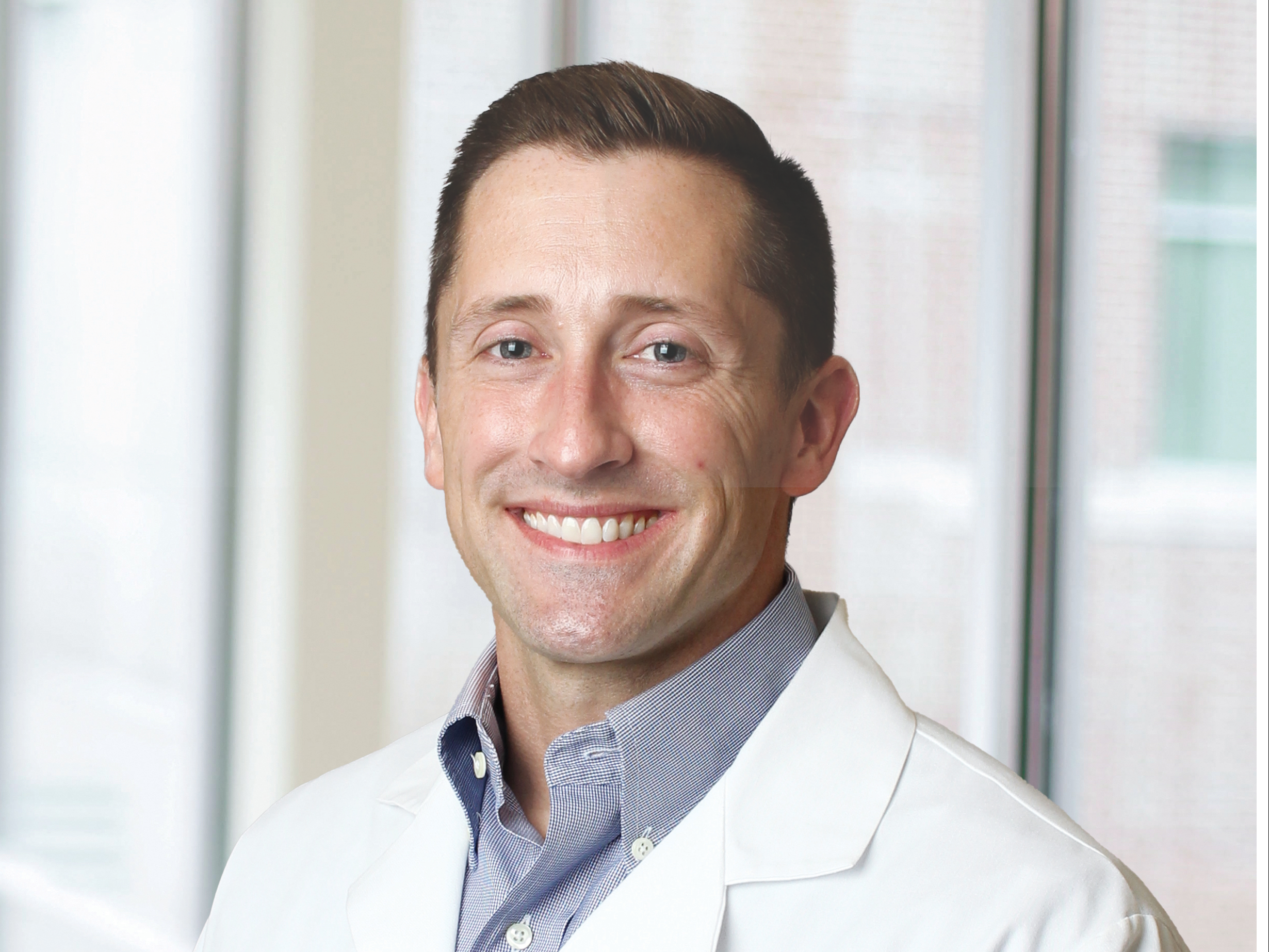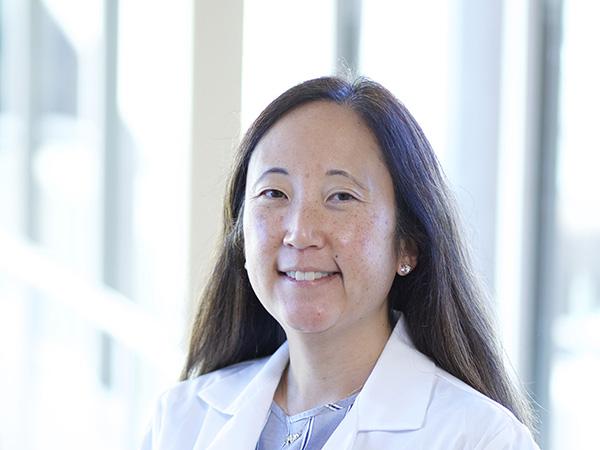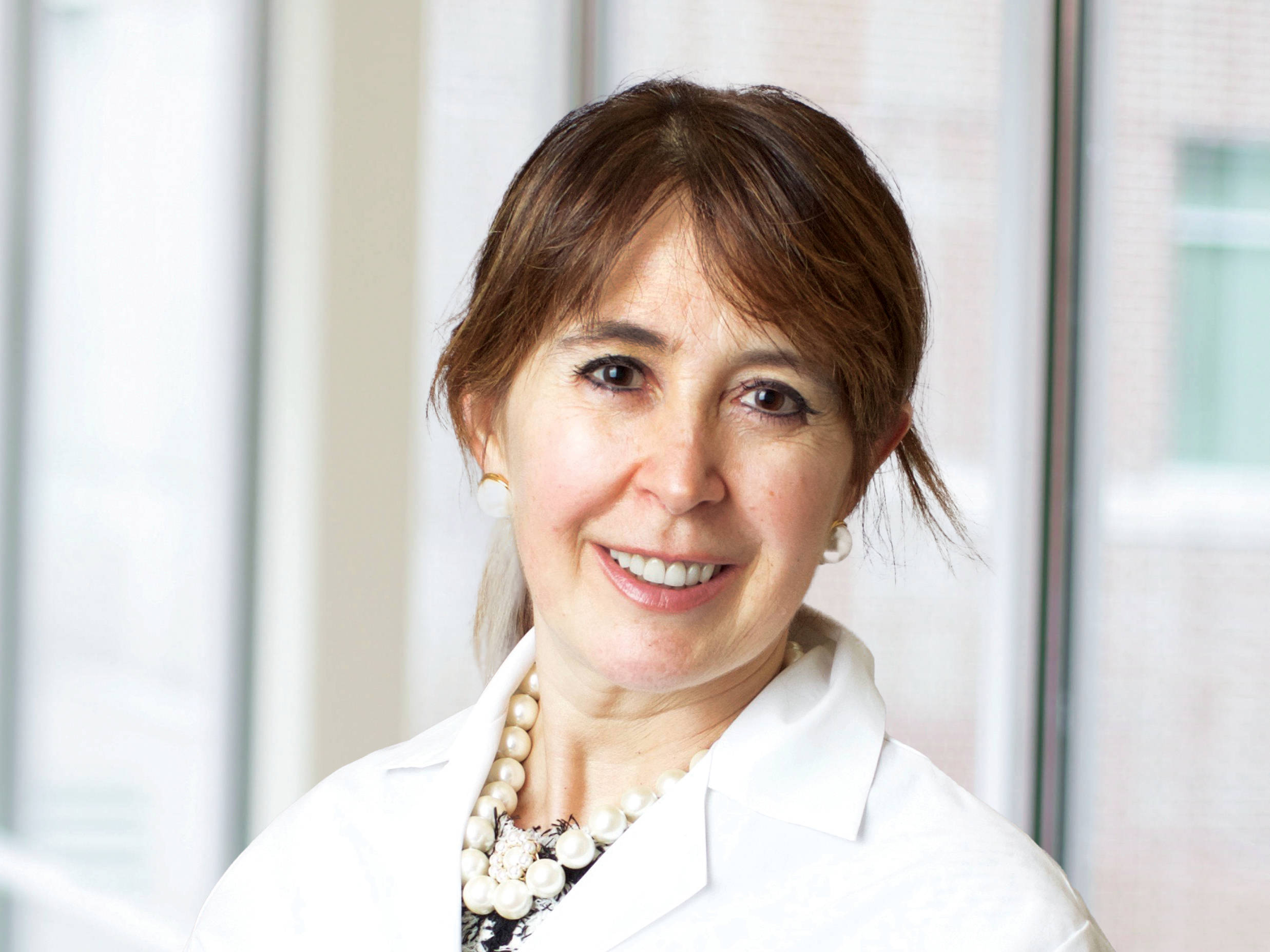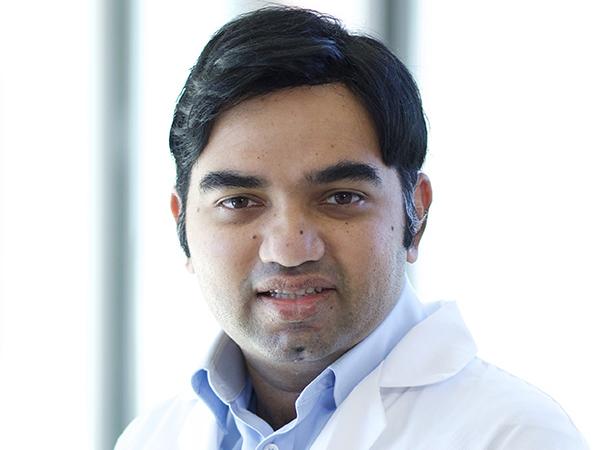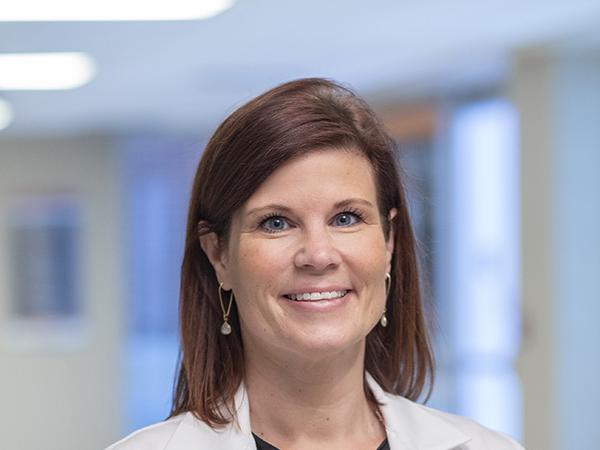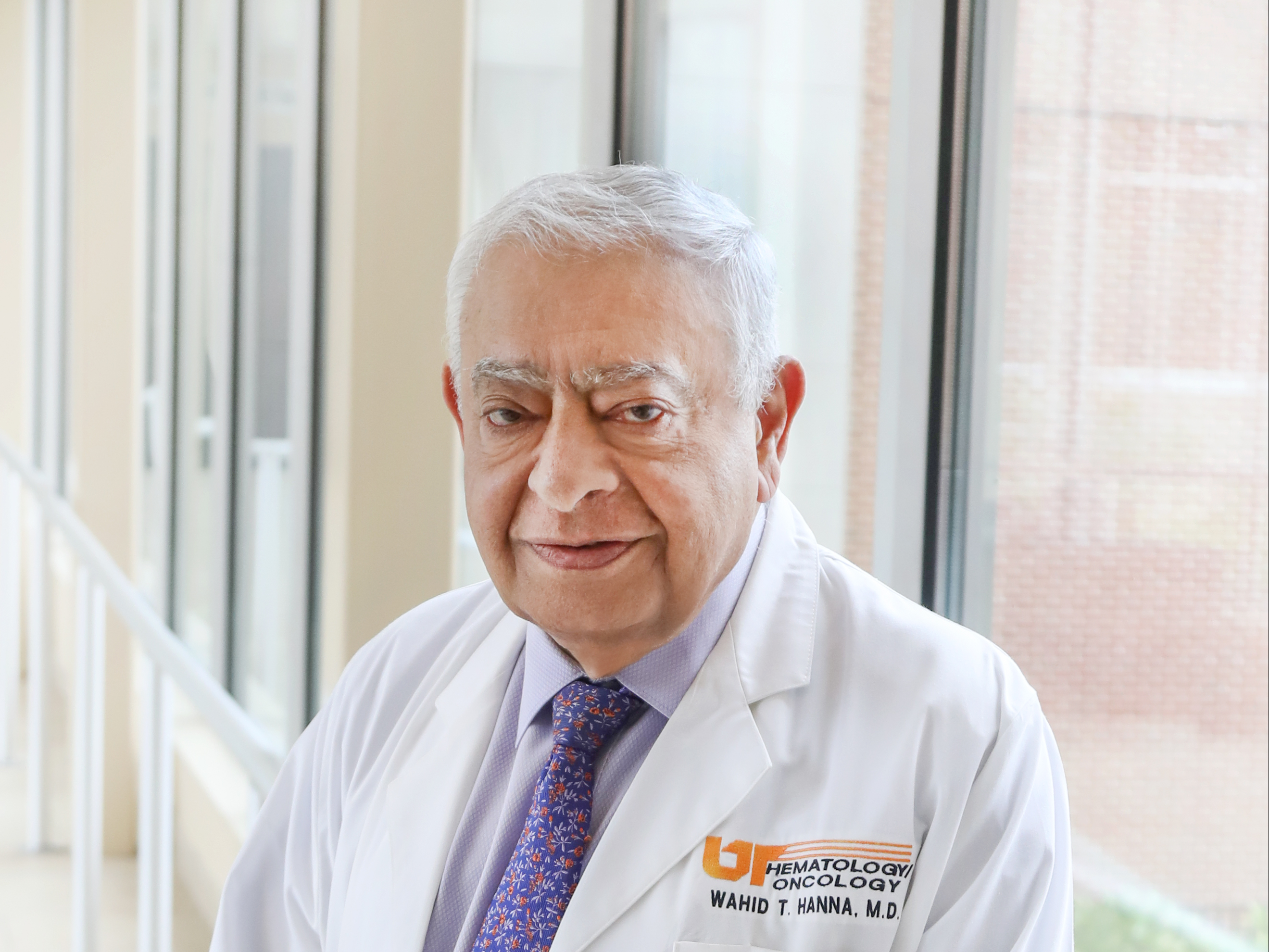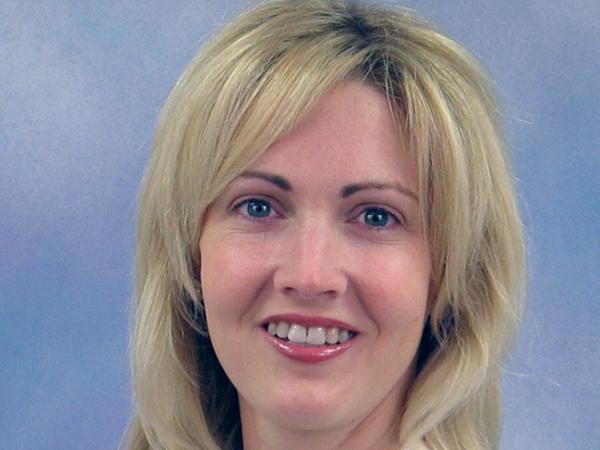Overview
The University of Tennessee Medical Center Liver and Pancreas Service is designed to meet the comprehensive needs of patients with benign and malignant diseases involving the liver and bile ducts, gallbladder, pancreas, and the duodenum. We have developed a unique multidisciplinary team who focuses on providing curative and palliative treatments across the continuum of inpatient and outpatient care.
Our core team includes oncology and hepatobiliary-trained surgeons, medical and radiation oncologists, interventional radiologists and nurse navigators. The team is dedicated to achieving the highest national standards and reaching patients in the most at-risk areas of East Tennessee.
Our team treats the following conditions:
- Ampullary tumors and duodenal tumors
- Benign liver tumors
- Liver Cancer
- Benign pancreas tumors
- Pancreas Cancer
- Pancreas Cysts
- Metastatic liver tumors (from the breast, colon or other GI sites)
- Bile duct tumors (cholangiocarcinoma or Klatskin tumors)
- Gallbladder tumors
- Pseudocysts and other complications of pancreatitis
- Duodenal tumors or strictures
Your Care at the Cancer Institute
The Cancer Institute at The University of Tennessee Medical Center offers the broadest spectrum of cancer specialists and services to care for our patients with liver, gallbladder, bile duct and pancreatic cancers. Cancer patients receive all of their cancer care including surgical consultations, radiation therapy, genetic counseling/testing, chemotherapy infusions, and supportive integrative health services, all in the same building.
Patients are reviewed at our weekly multidisciplinary conference where surgeons, medical oncologists, radiation oncologists, radiologists, pathologists, genetic counselors, nurses and clinical trials coordinators gather to determine the best individualized treatment plan for each patient. This level of coordination ensures that patients are receiving the highest level of care, offering the best outcomes and quality of life.
Treatment options are provided towards comprehensive education, prevention, risk reduction and diagnostics that include:
- Minimally invasive (laparoscopic) liver and pancreas surgery
- Open, laparoscopic and percutaneous radiofrequency ablation (RFA)
- Chemoembolization
- Radioembolization (Yittrium-90)
- Portal Vein Embolization (PVE)
- Endoscopic Retrograde Cholangiopancreatography (ERCP)
- Endoscopic Ultrasound (EUS)
- Pancreaticoduodenectomy (Whipple procedure) with vascular resection and reconstruction
- Phase 1, 2 and 3 clinic trials
- Selective Internal Radiation Therapy (SIRT)
- Genetic Consultation
Your Care Team
Your care team includes a multidisciplinary team focused on your personal treatment plan.
Surgical Oncologist
The board certified fellowship trained surgical oncologists at The University of Tennessee Medical Center work closely with a team of physicians at the Cancer Institute including medical oncologists, radiation oncologists, pathologists, radiologists, plastic/reconstructive surgeons, genetic counselors, oncology nurse navigators and social workers to develop individualized cancer treatment plans. Patients treated by the surgical oncologists benefit from discussion of their treatment plans in multidisciplinary conferences and from innovative treatment procedures not available elsewhere in the region or state.
Hepatobiliary and Pancreatic Surgeon
Our board certified surgeons at the University of Tennessee Medical Center specialize in the surgical management of complex liver, biliary, and pancreatic diseases. Using innovative approaches such as portal vein resection and various ablative techniques, this team provides a multidisciplinary approach designed to meet each patient’s individual needs.
Nurse Navigator
One call to the nurse navigator by the patient or referring physician results in a prompt evaluation and the expediting of care for each patient with findings suspicious for cancer or a known cancer diagnosis. Navigators are specially trained nurses who provide assistance to patients and families by coordinating care and providing information, education, and support.
Radiation Oncology
A radiation oncologist is a board certified physician who uses radiation to treat cancer. Radiation can be given to cure cancer either alone or in combination with surgery and/or chemotherapy. It may also be given to relieve symptoms. In some cases, radiation may also be used to treat benign tumors. Our highly experienced team of radiation oncologists offer multiple treatment options including 3D conformal radiation, intensity modulated radiotherapy (IMRT), image-guided radiation therapy (IGRT), rotational RapidArc therapy, high and low dose brachytherapy, and stereotactic radiosurgery utilizing the CyberKnife. The radiation oncologists are part of the multidisciplinary team that reviews each patient’s case to determine an individualized treatment plan for each cancer patient.
Medical Oncology
At the University of Tennessee Medical Center, our board certified medical oncologists are experts in the diagnosis, evaluation and treatment of cancer including solid tumors and hematologic malignancies such as leukemia and lymphoma. A medical oncologist is a physician who specializes in the medical treatment of cancer with chemotherapy as well as biological and hormonal therapy. Our medical oncologists work closely with the multidisciplinary oncology team to determine an individualized care plan and to coordinate the patient’s care. Evidence based treatment guidelines from the National Comprehensive Cancer Network (NCCN) and other peer-reviewed, nationally recognized organizations are used as guidelines to ensure adherence to clinical practice standards (“best practices”) and to optimize the quality of care and patient outcomes.
Pathologists
The University of Tennessee Medical Center’s Department of Pathology provides expert surgical pathology services which are critical to the diagnosis and classification of cancer. An accurate diagnosis involving both gross and microscopic examination of tissue, body fluids and cells is a requisite to determining an individualized treatment plan for each patient. Special tests and molecular markers are also performed by the Pathology Department which provide additional information important to the multidisciplinary team when recommending the most appropriate treatment. The Department of Pathology also offers a second review and opinion of slides and reports from other facilities. Our team of board certified pathologists includes pathology faculty members who specialize in specific cancers and have extensive experience evaluating and accurately characterizing cancerous tissue specimens.
Interventional Radiology
Interventional Radiology (IR) is a subspecialty of radiology. These board certified physicians use image-guided minimally invasive techniques to diagnosis and treat cancer in almost every organ. These techniques represent a major advance in medicine eliminating the necessity for large incisions, decreasing risk and pain, and results in shorter recovery times than traditional surgical procedures. IR procedures are performed by specially trained interventional radiologists who use a variety of imaging tools to see internal structures of the body as they intervene. The images provide road maps that allow the interventional radiologist to guide these catheters or instruments through the body to site of the cancer to be treated.
Supportive Care
The Integrative Healthcare program at The University of Tennessee Medical Center Cancer Institute is designed to provide supportive and integrative therapies for cancer patients and their caregivers during all stages of cancer care from diagnosis, treatment and beyond.
Clinical Trials
Cutting-edge treatment is offered to patients along with opportunities to participate in National Cancer Institute and pharmaceutical clinical trials. Clinical trials are research studies made available to patients that offer the newest treatments and test new ways to prevent, detect, diagnose and treat diseases.
For more information, visit the Clinical Trials page or call 865-305-9773.
Your Next Steps
The Cancer Institute’s Liver and Pancreas Service (LAPS) provides easy access to a multi-disciplinary team that specializes in the diagnosis, treatment and follow-up care of patients with benign and malignant diseases involving the liver and bile ducts, gallbladder, pancreas, and the duodenum. One phone call can put you in touch with our team of board certified physicians led by James McLoughlin, MD, a surgical oncologist. Initial appointments are guaranteed within 10 days.
Cases are reviewed by the core team prior to arrival and every attempt will be made to schedule all initial consultations on the same day, in our multidisciplinary clinic. Patient cases are reviewed at a weekly multidisciplinary tumor conference attended by surgeons, medical oncologists, radiation oncologists, radiologists, pathologists, genetic counselors and clinical nurses in order to determine the best treatment plan for the individual. This individualized treatment plan is designed to maximize outcomes and quality of life. The LAPS is designed to expedite the care of patients referred with symptoms or findings suspicious for a malignancy or a confirmed cancer diagnosis. The LAPS nurse navigator assists with the coordination of each referral while providing information, education and support for patients and their families. In partnership with the referring physician, the LAPS will work to determine and complete the specific plan of care. Patients may be referred for only special diagnostic procedures or treatments and then returned to the referring physician for completion of their care plan and follow-up. All specialists and procedures are available in one location on the campus of The University of Tennessee Medical Center.
Our Cancer Institute team is here for you in what can be a very stressful time. Please don’t hesitate to ask questions and request help when you need it. Our new patient section will provide you additional information about the Cancer Institute and everything you need to know to prepare for your first visit.

